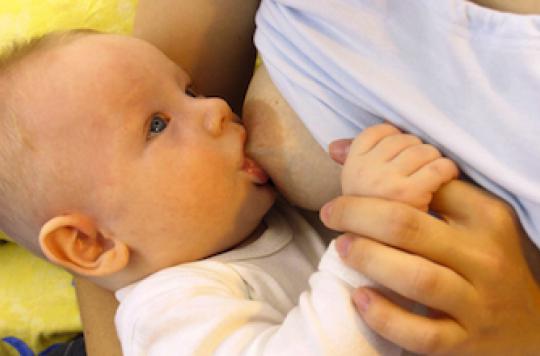When a woman with epilepsy breastfeeds her child, it would reduce the risks associated with in utero exposure to antiepileptic drugs.

In a pregnant woman, treatments against epilepsy are not without consequences on the development of the child. This in utero exposure is associated with an increased risk of fine motor impairment at 6 months (11.5%) compared to other children (4.8%). But the good news is, long-term breastfeeding seems to eliminate this increased risk. This beneficial effect of breastfeeding has been observed by researchers at Bergen University Hospital in Norway.
In their study published in the JAMA neurology they used data from a Norwegian cohort of mothers and children born between 1999 and 2009. In this cohort, women were asked to record the motor and social changes, language development and behavior of children at 6, 18 and 36 month. The women also provided information about breastfeeding in the first year.
The researchers were interested in women treated for epilepsy, and they followed the progress of 223 children who were exposed to antiepileptic drugs. In children breastfed by their mothers, there was no increased risk in terms of motor faculties at ages 6 to 36 months. “Women with epilepsy should be encouraged to breastfeed their children,” the authors conclude. ‘study.
Remember that each year in France, 5,000 babies are born to mothers with epilepsy. These pregnancies go uncomplicated in 92% to 96% of cases. However, the pregnancies of these women are considered at risk by the medical profession. Precise measures are usually put in place to avoid complications for both the baby and the expectant mother. A monitoring which involves in particular an adaptation of the antiepileptic treatment.
.















